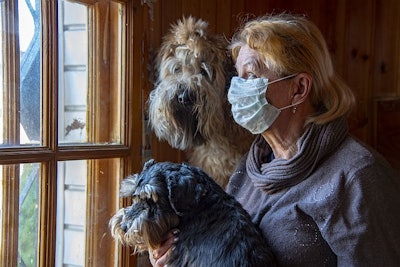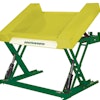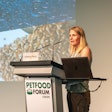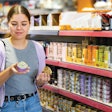
As of the beginning of April, much of the pet food production supply chain remained intact, despite the global COVID-19 pandemic. However, industry leaders cannot predict how the Covid-19 pandemic will ultimately affect sources of materials for pet food formulation, manufacturing and packaging.
“Although we have experienced limited direct impact to date, the pace of change means it is not possible to predict what will happen next,” pet food packaging supplier Mondi Consumer Flexibles’s vice president of North American marketing, William Kuecker, said.
Supply chain transparency and experienced facility leaders help Mondi evaluate risks and make appropriate decisions as the situation continues to evolve, he said.
Before the pandemic hit, pet food ingredient supplier AFB International, developed contingency plans to keep business going during various disruptions, including viral outbreaks, Jared Lozo, AFB president said. The company’s supply chain team has mitigation plans for materials that are most likely to be affected by COVID-19.
Other measures taken by AFB included:
- Identified and secured ingredients at risk due to origin (other countries) for the short-term including increasing ingredient supplies at existing suppliers
- Identified and pre-qualified alternate, additional suppliers
- Procurement team communicates frequently with key suppliers to ensure no supply interruptions will occur
- Additional hours and shifts have been added at facilities to support demand
- Secured outside warehousing to handle additional inventory volumes
Potential COVID-19 challenges to pet food industry supply chain
Although many pet food industry suppliers have prepared for the pandemic, there will still be increased costs and transportation difficulties in the supply chain.
“With airlines virtually shut down and trucking routes being cut due to driver availability, the results have been twofold, higher costs, and longer lead times,” Lawrence Blitz, president of Green Source Organics, said. “Inevitably, these costs will have to be absorbed by the consumer. It’s too soon to understand the effects this will have on agricultural products. As we head into spring planting season here in California, if there is a scarcity of migrant labor due to border closures or domestic staff problems throughout the chain, it could result in poorer harvests and higher costs.”
As the pandemic continues, a return to normal may be months away. Ultimately, the pandemic may perpetuate changes in pet owners buying habits, while mass unemployment and economic uncertainty alter global pet food industry patterns.
“Everyone’s crystal ball is hazy at best regarding the end point of the current pandemic,” Scott Krebs, executive vice president of Extru-tech, said.
United States Department of Homeland Security officials defined Extru-tech, and much of the rest of the pet food industry, as “Essential Critical Infrastructure Workers” during the COVID-19 pandemic. The federal agency deemed pet food, ingredient and packaging facility workers as necessary for “ensuring continuity of functions critical to public health and safety, as well as economic and national security.”
“As an ‘essential business’ status, Extru-Tech, Inc. will remain open for business,” Krebs said. “We are doing all we can to execute orders and projects on time and maintain our supply of spare parts and services for both new machines as well as existing plants.”
Although the future may hold unknown challenges, for now, the pet food industry remains resilient during the COVID-19 pandemic.
“I don’t like to predict the future, but our supply chain has been tested and we have been able to rise to the occasion,” Mark Liberman, Peel Plastics vice president sales and marketing, said.



















